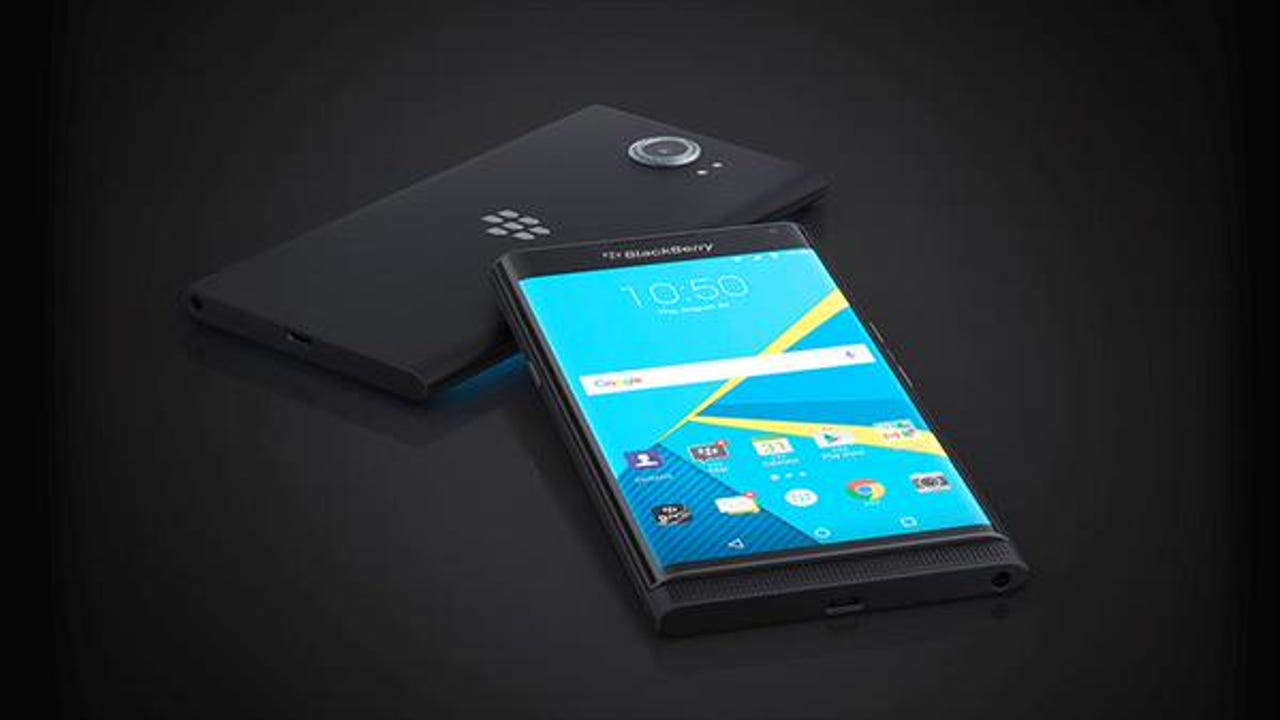Sorry BlackBerry 10 fans: 2016 is the year of Android when it comes to new phones


BlackBerry phones running Android have access to all of Google's services and a simple way to get any number of the more than one million apps from the Google Play Store.
More CES 2016
Faithful BlackBerry fans hoping for new hardware in 2016 that runs BlackBerry 10 software will see those hopes dashed: the company is planning one, or perhaps two, new handsets this year, and neither of them will run BlackBerry's software. Instead, they'll both be built upon Google Android.
BlackBerry CEO, John Chen, confirmed the plans with CNET earlier this week at CES, noting that Android-powered BlackBerry Priv handset sales were "so far, so good".
The Priv with its hardware keyboard has seen a limited release in just a few countries during its November launch. And in the US, it has only been available from AT&T.
That's changing, though: customers in the Netherlands, Spain, and Italy can now purchase a BlackBerry Priv, while the phone is coming to Sprint, T-Mobile and Verizon in the US starting later this month.
With a limited rollout of the Priv, BlackBerry is learning how to best optimize it's typically well-built hardware with Google's software. And that could pay big dividends in 2016 as BlackBerry continues to work out bugs and add new features on a regular basis to the Priv: the company shouldn't face the same software obstacles when debuting new phones this year.
Sales of the Priv and any new Android phones coming from BlackBerry could have a "make or break" impact on the company's handset business. Chen hasn't ruled out leaving the market if BlackBerry phone sales don't bring profit to the company.
Hands-on with the BlackBerry Priv: in pictures
Frankly, at this point, using Google Android on BlackBerry hardware may be the only way to turn a profit. As much as some people still prefer BlackBerry 10 software, that hasn't equated into profitability on the hardware side, as phone sales have continued to plummet.
By using Android -- along with BlackBerry's approach to security and BlackBerry's own apps -- the company stands a better chance at staying in the market due to the widespread use of Google Android around the world. BlackBerry phones running Android have access to all of Google's services and a simple way to get any number of the more than one million apps from the Google Play Store.
Perhaps BlackBerry should have made the software shift prior to 2016, but you can't fault the company for trying to continue its software legacy with BlackBerry 10. And it may yet continue: Chen hasn't said BlackBerry 10 is gone for good.
You just won't see it come to any new phones from the company this year.